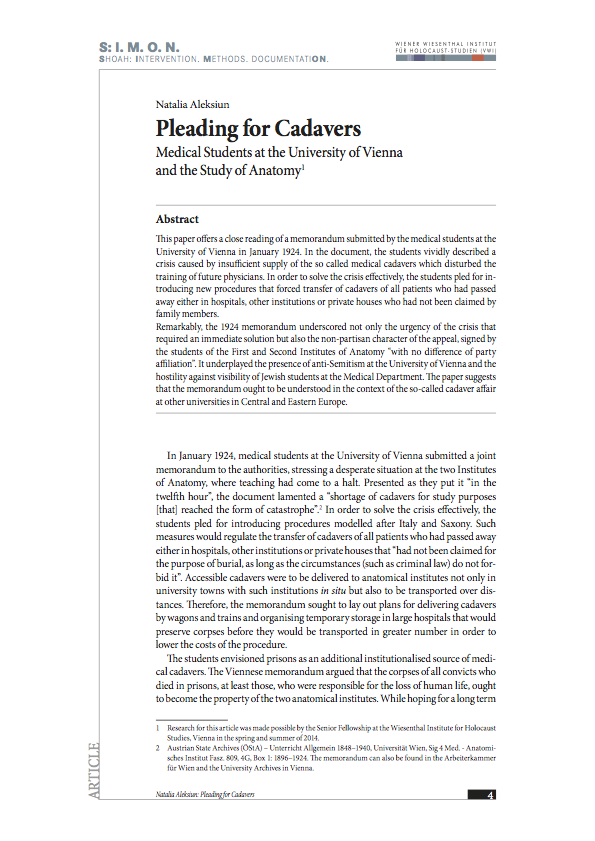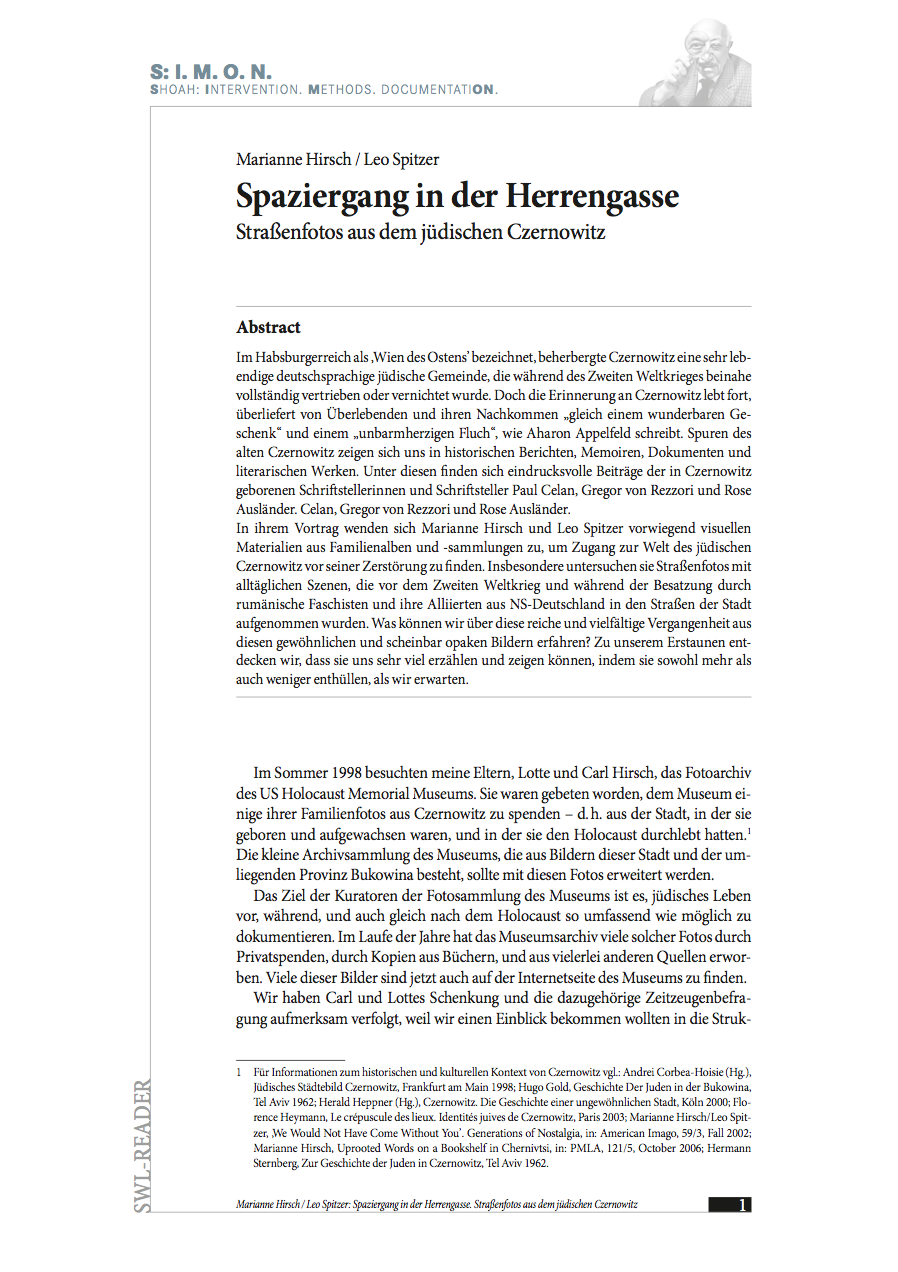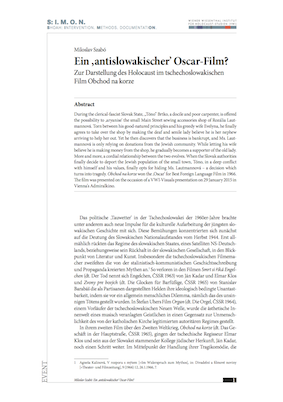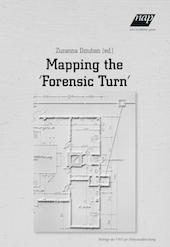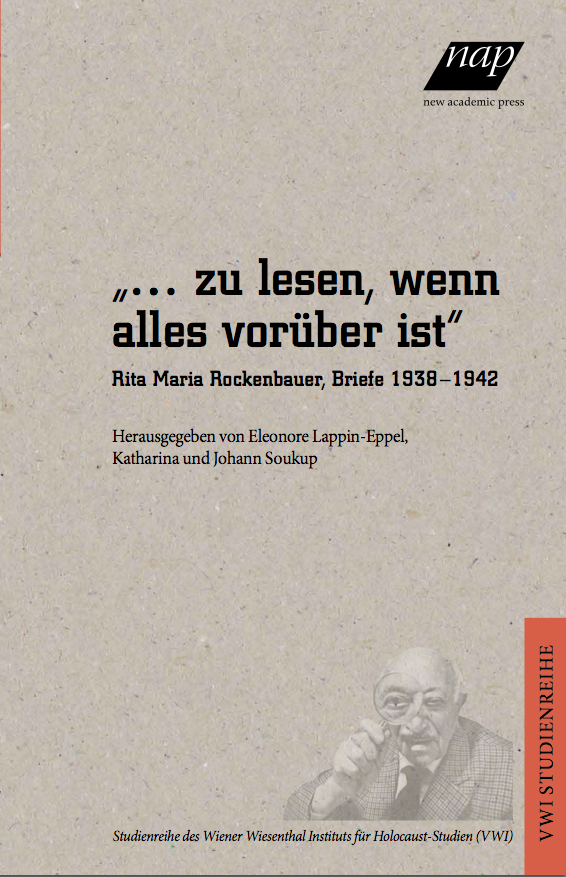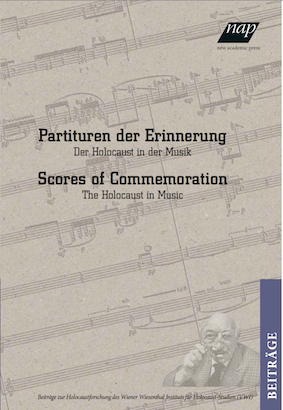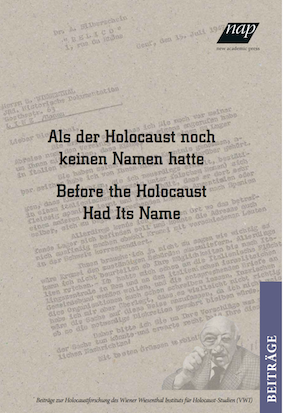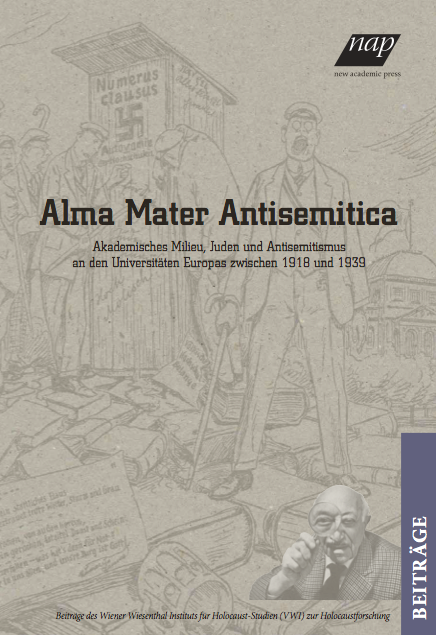Editorial
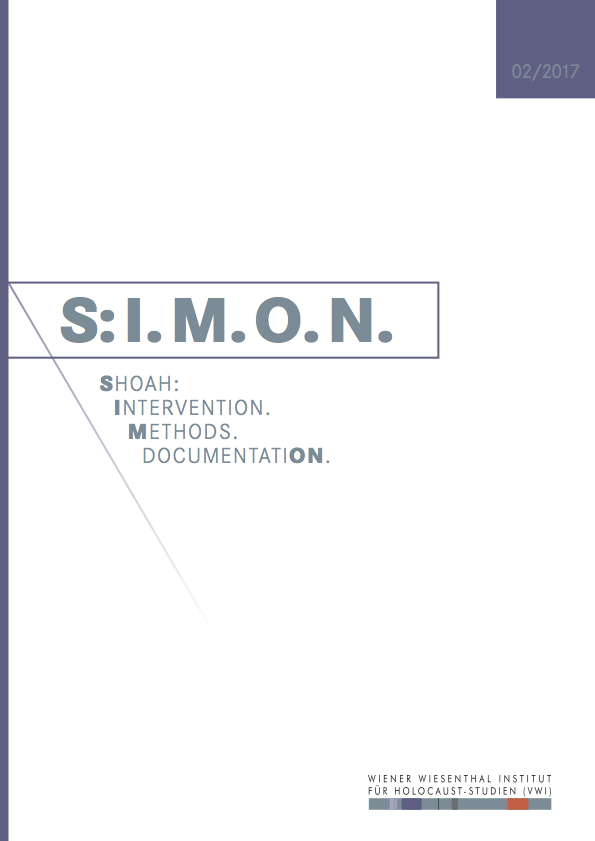 S:I.M.O.N. is an e-journal of the Vienna Wiesenthal Institute for Holocaust Studies (VWI). It appears twice a year in English and German language. S:I.M.O.N. aims at both a transnational and comparative history of the Holocaust and Jewish Studies in Central and Eastern Europe within the broader contexts of the European history of the 20th and 21st century, including its prehistory, consequences and legacies as well as the history of memory.
S:I.M.O.N. is an e-journal of the Vienna Wiesenthal Institute for Holocaust Studies (VWI). It appears twice a year in English and German language. S:I.M.O.N. aims at both a transnational and comparative history of the Holocaust and Jewish Studies in Central and Eastern Europe within the broader contexts of the European history of the 20th and 21st century, including its prehistory, consequences and legacies as well as the history of memory.
S:I.M.O.N. serves as a forum for discussion of various methodological approaches. The journal especially wishes to strengthen the exchange between researchers from different scientific communities and to integrate both the Jewish history and the history of the Holocaust into the different “national” narratives. It also lays a special emphasis on memory studies and the analysis of politics of memory. S:I.M.O.N. uses a double-blind review system, which means that both the reviewer’s and the author’s identities are concealed from each other hroughout the review process.
Shoah: The journal deals with the history of the Shoah from multidisciplinary, transnational and comparative perspectives. It seeks to integrate studies on Jews as well as on other groups of victims of the Holocaust, especially on Roma, and of so far less researched regions of (East) Central and (South) Eastern Europe.
Intervention. The journal reports on research projects and their transmission into public events. It also informs about current educational and remembrance programs.
Methods. The journal serves as a forum for the discussion of methodological approaches as, for instance, the everyday history, oral history, gender history, the history of violence, anti-Semitism and racism and the theory of memory and memory politics.
DocumentatiON. The journal contributes to critical approaches on using and interpreting archival materials in the 21st century.
Download the current issue S:I.M.O.N. 2017/2.
Regina Fritz/Éva Kovács/Béla Rásky (Hg.)
Als der Holocaust noch keinen Namen hatte.
Zur frühen Aufarbeitung des NS-Mordes an Jüdinnen und Juden
Before the Holocaust Had Its Name.
Early Confrontations of the Nazi Mass Murder of the Jews
In der Historiografie ging man lange davon aus, dass es bald nach 1945 zu einer unausgesprochenen Übereinkunft gekommen war, den Judenmord zu beschweigen und die Schuldfrage beiseite zu schieben. Die erst kürzlich wiederentdeckten vielfältigen, bis in die frühen 1950er-Jahre angestellten Bemühungen, die postnazistischen Gesellschaften über die Verbrechen des NS-Regimes aufzuklären und sie mit diesen zu konfrontieren, sich damit auf mannigfaltige Weisen auseinanderzusetzen, widersprechen aber dieser lange gültigen Annahme.
Die Beiträge des vorliegenden Bandes fragen nach den konkreten Maßnahmen, die es unmittelbar nach dem Schrecken des Krieges gab, das begangene Unrecht nach dem Krieg als solches anzuerkennen: Welche Versuche gab es, den Massenmord zu thematisieren, zu dokumentieren, der Opfer der NS-Vernichtungspolitik zu gedenken, Verantwortlichkeiten zu klären und die „Schuldfrage“ zu stellen? Welche politischen Interessen verbanden sich mit den Bemühungen, die Vergangenheit auszuarbeiten, wie(so) scheiterten sie und ab wann sind erste Tabuisierungstendenzen feststellbar?
Béla Rásky ist Direktor des VWI, Regina Fritz ist Projektmitarbeiterin bei der Edition „Die Verfolgung und Ermordung der europäischen Juden durch das nationalsozialistische Deutschland 1933-1945 (VEJ)“, und Eva Kovács ist wissenschaftliche Programmleiterin des Wiener Wiesenthal Instituts für Holocaust-Studien (VWI).
Wien 2016
Erhältlich im gut sortierten Buchhandel oder direkt bei new academic press.



